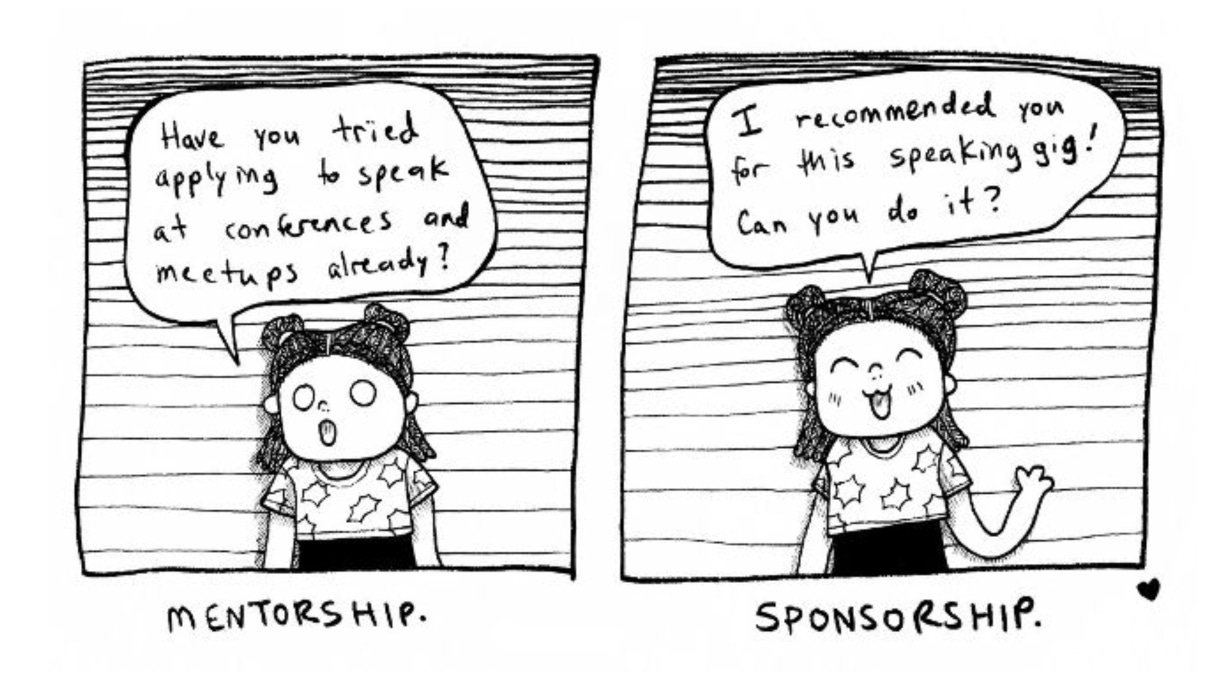Hey, Luca here! Welcome to a new edition of the ✨ Monday 3-2-1 ✨
Every Monday I will send you an email like this with 3 short ideas about engineering management, technical strategy, and good hiring.
You will also receive a long-form essay on Thursday, like the last one:
To receive all the full articles and support Refactoring, consider subscribing if you haven’t already!
p.s. you can learn more about the benefits of the paid plan here.
Stepsize
Before we start, I am happy to spend a few words to promote Stepsize, a fantastic product whose founders I have known for a long time.
Stepsize allows engineers to track and fix technical issues (like tech debt and refactoring work) directly from your editor.
It integrates with your existing tools like Jira, GitHub, or Linear, so you can link issues to code, and make them visible in your codebase, without leaving your editor.
Stepsize has already helped teams like Snyk and Terakeet solve 70% of their tech debt — you should definitely check it out.
As a Refactoring reader you get one free month when signing up for the Team or Business plan, by using the REFACTORING23 code.
1) 🎽 1:1s are about consistency
As a manager, 1:1s are your most important meetings. Most advice on how to have good ones is about consistency and building the habit:
Have 1:1s every single week — 1:1s are about issues and personal development. Whenever someone has an issue, they have to think they will be able to discuss it with you soon. The "soon" part is crucial to most 1:1s benefits, and "once every two weeks" is often not soon enough.
Have 1:1s always at the same day, same time. This is important to build the habit, just like having breakfast or brushing your teeth. People need to prepare for 1:1s, and need to know when they will happen.
Schedule 40 minutes for them. In my experience, 30 minutes are most often enough, but you don't want to cut the meeting short in case they are not. Especially because long 1:1s are usually important 1:1s.
Always do them. Finally, this might be trivial, but it's really important not to cancel 1:1s. 1:1s work because they are a reliable space. If they stop being reliable, they stop working.
More ideas on how to run effective 1:1s 👇
2) 🚢 Shipping fast changes your life
Your team’s behaviour vastly changes based on how fast and often you are able to release in production. This is truly one of the major areas that separates elite engineering teams from average and poor ones.
A simple thought experiment:
⏱️ Release takes 1 minute
Feedback loop is instant, no context switch.
Shipping is continuous — natural extension of development work
Time to recover is low, few outages
Confidence is high
⏲️ Release takes 10 minutes
Feedback loop is good, multiple releases are made every day
Some context switch happens during/after deploy
Higher QA investment is justified
🕰️ Release takes 1 hour
Multiple features are batched and released together for convenience
Failures increase because of batching
Recovery is slower because of 1) slow deploy and 2) context switch
More time is spent on QA and tests beforehand to avoid disaster
"Only in the morning" releases
🗓️ Release takes 1 day
Deploying becomes a formal process that needs approval
Only "at start of week"
Dedicated engineering work is needed to maintain the deployment pipeline
Frequent outages, pressure on SREs
I wrote more about how shipping fast changes your life in this previous article 👇
3) 🌱 Sponsorship is underrated
Sponsors are those people who do practical things to help you.
They might advocate for your promotion, approve a budget for your project, or introduce you to useful people.
While mentoring is about giving advice, sponsoring is about empowering and giving opportunities. As a manager, you can sponsor your report by suggesting them as a good lead for a new project, or to give a talk about something they are expert about.

Sponsorship is generally underrated. For example, studies have shown that women and people from minorities are over-mentored, but under-sponsored.
More ideas about mentors, coaches, and sponsors 👇
And that’s it for today! If you are finding this newsletter valuable, consider doing any of these:
1) ✉️ Subscribe to the newsletter — if you aren’t already, consider becoming a paid subscriber. You can learn more about the benefits of the paid plan here.
2) ❤️ Share it — Refactoring lives thanks to word of mouth. Share the article with your team or with someone to whom it might be useful!
I wish you a great week! ☀️
Luca








To me the link for "over-mentored, but under-sponsored" is not working :(